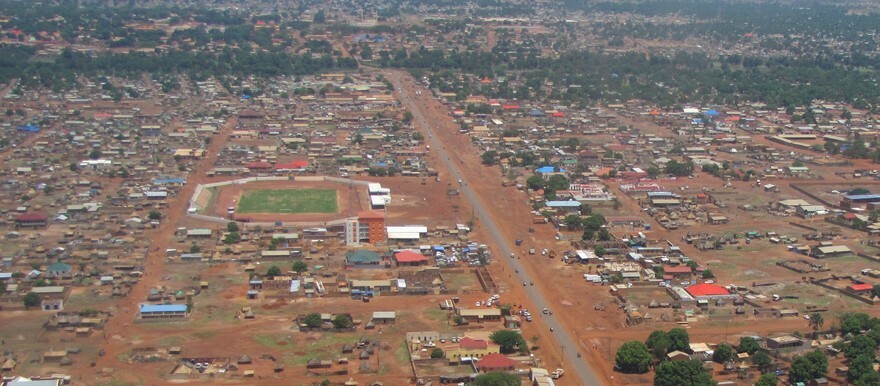During an Access to Justice Program in Wau town, Western Bahr el Ghazal State, an advocate and a Forensic Medicine Specialist strongly recommended that the local community refrain from burying their deceased relatives at home. Instead, they were advised to choose designated cemeteries, sanctioned by the government for burying the deceased.
Nyok Monyrac Akuei, an advocate and legal consultant, underscored the legal stipulation in South Sudan that prohibits home burials except in emergency situations. He emphasized the importance of laying the departed to rest in a cemetery to avoid potential issues, such as the possibility of exhumation for reasons like a change in ownership or government requisitioning the land for public use.
“Your deceased loved ones should be interred in a cemetery, as burying them at home may lead to unforeseen complications, such as exhumation for reasons like a change in ownership or if the government requires the land for public purposes,” explained Akuei.
Dr. James Patrick Ibrahim, a Forensic Medicine Specialist in the state ministry of health, echoed the call for responsible burial practices in Wau town. He emphasized the potential environmental hazards associated with burying bodies at home, citing the presence of durable chemicals in the human body that can contaminate nearby water sources post-mortem.
Dr. Ibrahim pointed out that the recommended distance between graves should be 50 meters, but in Wau, where many families bury their deceased, the plots are often only 20 meters by 20 meters—insufficient even for a single grave.
“The distance between a grave and a water source should be 200 meters, but we don’t even have 50 to 50 meters here. In some instances, you can find water sources, latrines, and graves all within a 20 by 20-meter home. This practice is potentially harmful to future generations,” he warned.
Furthermore, Dr. James Patrick highlighted a concerning trend where multiple graves are found in one home, contributing to potential water contamination issues. He expressed his worry about the current rise in unidentified waterborne diseases, attributing them to the consumption of polluted water.
“We often witness the emergence of diseases with unknown origins, and we might be the source because we are contaminating our home water sources,” he concluded.




